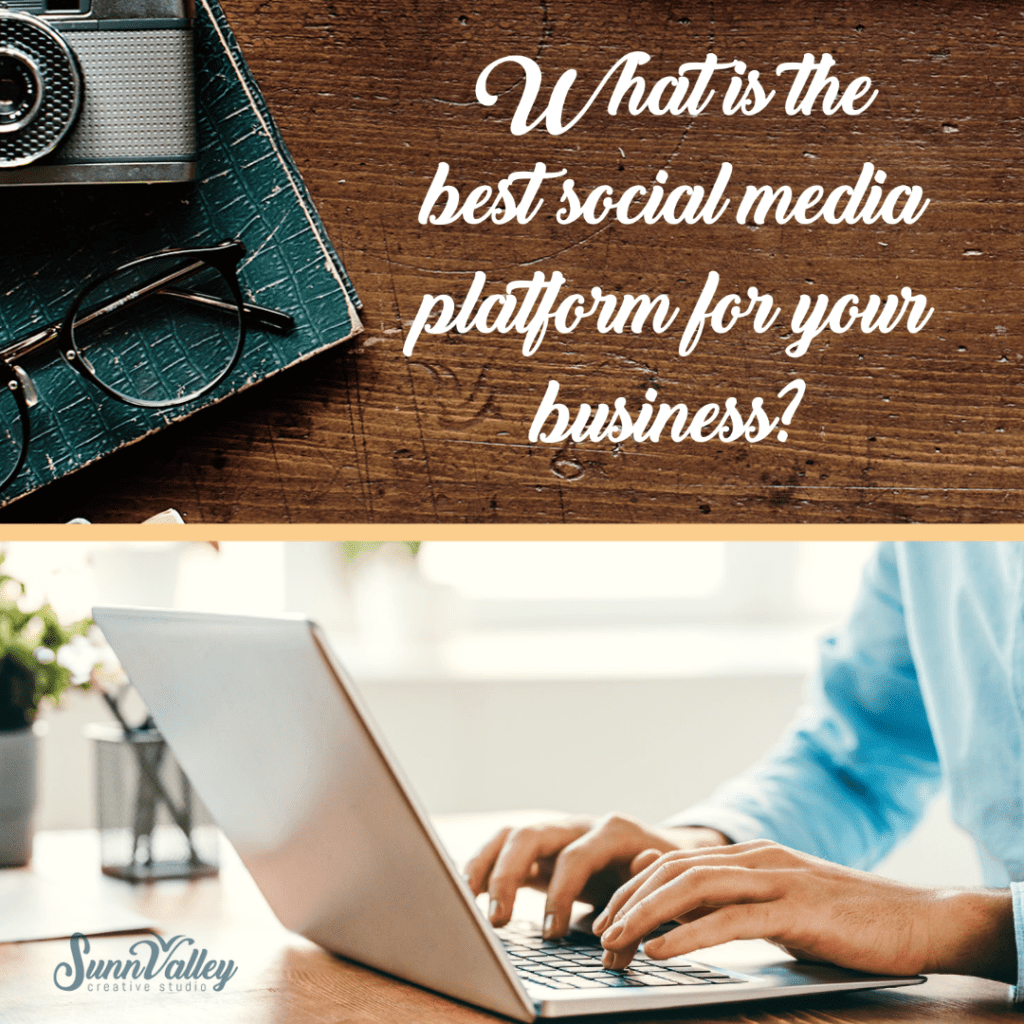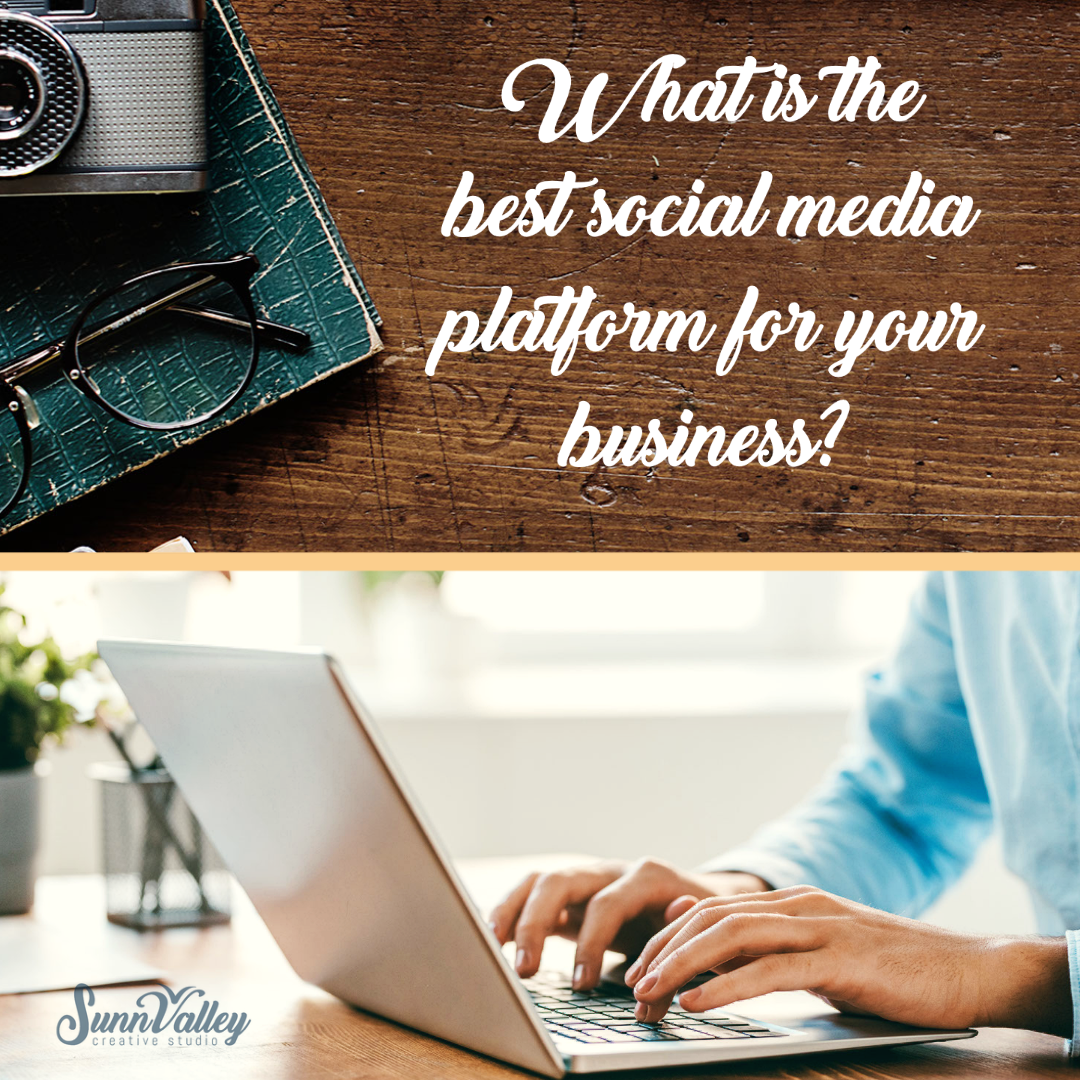What is the best social media platform for specific industries and businesses? In today’s digital age, having a strong presence on social media is crucial for success. However, with the multitude of platforms available, it can be overwhelming to determine which one is the best fit. Thankfully, certain social media platforms cater to specific industries and businesses, making it easier to target and engage with the right audience. Let’s explore some popular platforms and their suitability for various industries.

Fashion and Beauty
For the fashion and beauty industry, Instagram reigns supreme. Its visually-focused nature allows businesses to showcase their products and create a visually appealing brand image. With features like shoppable posts and influencer collaborations, Instagram offers a seamless shopping experience for fashion and beauty enthusiasts.
Professional & B2B
When it comes to professional networking and B2B communication, LinkedIn takes the lead. This platform is ideal for industries such as finance, technology, and consulting, where networking and establishing industry connections are vital. LinkedIn’s professional environment enables businesses to share industry insights, recruit top talent, and forge partnerships.
Most Versatile
Facebook, the king of social media, remains a versatile platform suitable for various industries. Its extensive user base makes it an attractive choice for businesses looking to reach a wide audience. Facebook’s advertising capabilities and targeted marketing options provide businesses with effective tools for promoting products and services.
Food & Beverage
If you’re in the food and beverage industry, look no further than Pinterest. This visual discovery platform allows businesses to showcase their culinary creations, recipes, and food-related products. With its recipe pins, food bloggers and restaurants can share their creations and attract food enthusiasts. Also popular for home decorating and DIY.
Tech-Savvy, Visual-Driven
For the tech-savvy and visually-driven businesses, YouTube offers a powerful platform for engaging with audiences through video content. Whether it’s product demonstrations, tutorials, or behind-the-scenes footage, YouTube’s vast reach and video-centric approach make it an excellent choice for technology and entertainment industries.
News & Media
Twitter, known for its real-time updates and concise messaging, is particularly suitable for news agencies and media organizations. With its fast-paced environment, Twitter allows businesses to share breaking news, industry updates, and engage in real-time conversations. It’s also an effective platform for customer service and public relations. Did you know that Twitter and Google have a partnership? This is great for search engine optimization.
Creatives
If you’re in the creative arts industry, such as photography or graphic design, platforms like Behance and Dribbble provide a dedicated space for showcasing your work. These platforms allow artists to connect with potential clients, collaborate with peers, and gain exposure within the creative community.
Gen Z & Millennials: Entertainment and Fashion
Snapchat, known for its disappearing content and engaging filters, appeals to a younger demographic. Businesses targeting Gen Z or millennials, especially in the entertainment and fashion industries, can leverage Snapchat’s interactive features to create buzz around their brand and engage with their target audience in a fun and creative way.
Travel & Hospitality
For businesses in the travel and hospitality industry, platforms like TripAdvisor and Airbnb are essential. TripAdvisor allows travelers to share their experiences and leave reviews, giving businesses the opportunity to showcase their services and receive valuable feedback. Airbnb, on the other hand, enables individuals and businesses to list and rent accommodations, providing a platform for unique travel experiences.
Photography, Marketing & Design Platforms
If your business revolves around professional photography, marketing, or design, platforms like Instagram and Pinterest are worth considering. Instagram’s visually-focused approach allows you to showcase your portfolio and attract potential clients, while Pinterest serves as a source of inspiration and a platform to share your work with a creative community.
Music
Musicians, artists, and other creative professionals can benefit greatly from platforms like SoundCloud and Bandcamp. SoundCloud provides a platform for musicians to share their music, connect with fans, and collaborate with other artists. Bandcamp, on the other hand, allows artists to sell their music and merchandise directly to their fans, maintaining creative control and maximizing revenue.
Businesses with creative and playful audience
When targeting a younger audience, platforms like TikTok and Snapchat offer immense potential. TikTok’s short-form videos and viral trends can help businesses create engaging and shareable content to reach Gen Z and millennials. Snapchat’s filters, stickers, and interactive features provide an opportunity for businesses to connect with their target audience in a playful and creative manner.
Ultimately, the best social media platform for your specific industry and business depends on your target audience, goals, and content strategy. Conducting thorough research, understanding your audience’s preferences, and experimenting with different platforms will help you determine the most effective social media channels for your business.
Remember to adapt your content to each platform, leveraging its unique features and engaging with your audience in a meaningful way. Building a strong social media presence takes time, effort, and consistency, but with the right platform and strategy, you can effectively connect with your target audience and drive success for your business.

